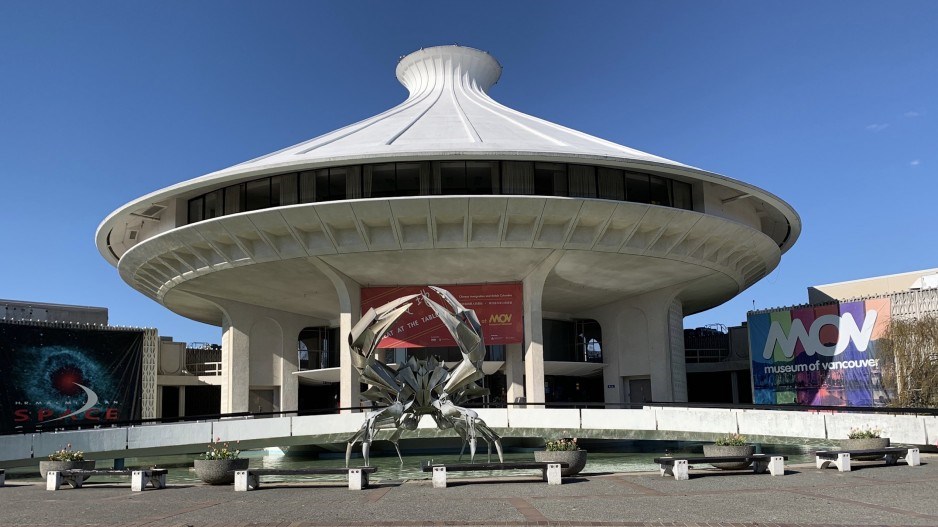The B.C. government has launched a $50-million program to help tourism operators, Premier John Horgan announced May 18.
Businesses that have more than 150 employees are eligible to apply for up to $1 million, while smaller destinations and tour-bus operators will be eligible to apply for up to $500,000. The money is to come from a $100 million fund that the province first announced in its budget last month.
Eligible expenses include payroll, rent and utility costs.
Many attractions have been very hard hit by the COVID-19 pandemic, and related provincial health orders.
The Pacific National Exhibition (PNE), for example, has asked the province for $8 million in order to survive. Horgan did not say whether that amount of money would be possible to provide through other government assistance programs, but said the PNE could apply for a grant under this program.
"We're going to continue to work with the city, and the PNE and other attractions across the province," he said.
Horgan was asked if he thought that the $50 million for the sector was sufficient to keep tourist attractions from going under, and he quickly answered, "yes."
Jonathan Burke, chair of the H.R. MacMillan Space Centre's board, was at the announcement and concurred.
"These funds from the government will really contribute towards our ability to survive," he said.
Horgan, meanwhile, has come under fire for not working closer with representatives in Washington State and Alaska to stave off a U.S. effort to pass a bill to override the 1886 Passenger Vessel Services Act, which requires foreign-flagged ships that leave a U.S. port to touch a foreign port before returning to a U.S. port. That law essentially requires all ships travelling from the U.S. mainland to Alaska to touch a B.C. port.
The U.S. Senate last week unanimously passed a bill to allow Alaskan-bound cruise ships to temporarily bypass requirements to stop at a B.C. port. The bill still needs to be passed in the House of Representatives and be signed by U.S. President Joe Biden, but it now appears likely to become law in time for cruise ships to bypass B.C. by August.
What inspired the bill was Canada's decision to halt large cruise ships from stopping at Canadian ports until February, 2022.
Horgan and others in the B.C. government had said that the U.S. bill's passage would be unlikely.
Representatives in the cruise sector are concerned that once ships start bypassing B.C., there is an increased likelihood that the U.S. government will allow that to become permanent.
Horgan received a letter from U.S. representatives in February and it was not apparent that he reached out to them.
He stressed on May 18 that the U.S. bill explicitly says that the ability to bypass B.C. ports will expire as soon as B.C. ports are able to welcome the ships.
"They made it clear in that correspondence that this was going to be a temporary measure until such time as further restrictions were lifted," Horgan said. "So I'm taking great comfort in that the legislation is specific about that."




